Choosing a good-quality olive oil at a reasonable price is difficult so I decided to ask chefs and experts which ones are the best — and they all agreed on one thing.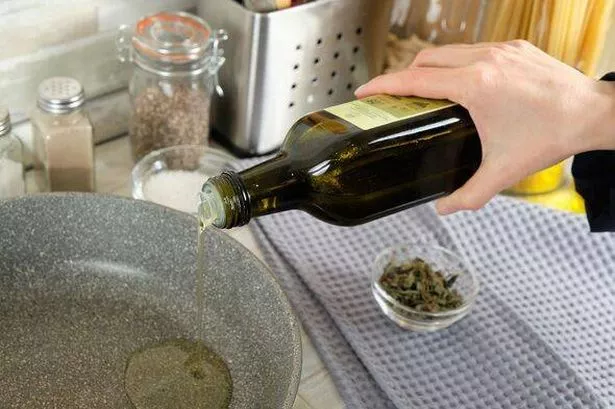 You can use extra virgin olive oil for cooking — but not all oils are created equal(Image: Getty)
You can use extra virgin olive oil for cooking — but not all oils are created equal(Image: Getty)
Olive oil features in most kitchens daily, whether for cooking, dressings, dips, sauces or marinades. It’s a flexible ingredient that brings moisture, taste and richness to countless recipes.
One of my preferred methods of enjoying olive oil is spreading it generously on a slice of fresh bread alongside a splash of balsamic vinegar. In recent years, I’ve discovered that olive oil quality varies dramatically.
Extra virgin olive oil, commonly referred to as EVOO, typically boasts superior quality compared to standard olive oil, remaining unprocessed, cold-pressed and avoiding chemical or heat exposure. Standard olive oil usually comprises a mixture of cold-pressed and processed oils, offering a gentler taste, elevated smoke point and considerably lower cost.
When it comes to purchasing olive oil and EVOO, I’m almost invariably influenced by cost, yet Mazen Assaf, an olive oil expert and creator of The Olive Oil Guy, revealed that selecting olive oil involves more considerations than just the price.
He explained to Express.co.uk: “When picking olive oil, go for bottles in tin or dark glass-heat, oxygen, and light destroy flavour and health benefits.
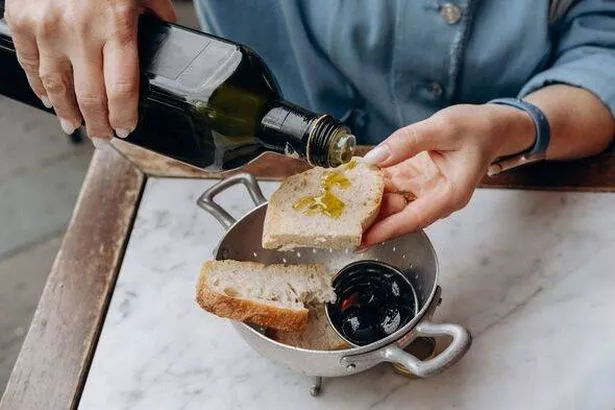 This is one of my favourite ways to enjoy good quality olive oil(Image: Getty)
This is one of my favourite ways to enjoy good quality olive oil(Image: Getty)
“Choose single-origin, ideally from a specific region like Sparta, Greece, and avoid vague ‘EU and Non-EU blends.’ Look for the olive variety on the label-there are 1,600 worldwide, each with a unique flavour. For example, think about all the table olives you eat: each variety tastes different. If the olive variety is stated on the bottle, it’s a step further to recognising its authenticity.”
With this in mind, I decided to ask chefs, culinary specialists, and olive oil aficionados which olive oils are the best.
While many of the brands they recommended were different, one trait remained consistent across almost all their suggestions: the country of origin.
I thought most of the olive oils they recommended would come from Greece, yet most of the culinary professionals and specialists champion those from Italy.
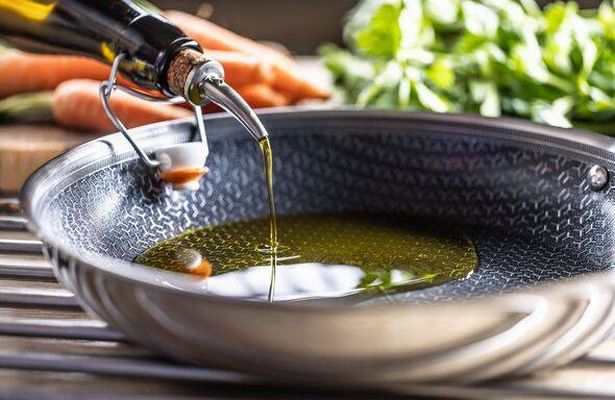 Olive oil is used by most households every day of the week (Image: Getty)Italian olive oils
Olive oil is used by most households every day of the week (Image: Getty)Italian olive oils
Connor Robson, head chef at contemporary Italian eatery Bar Gigi, put forward Frantoio Muraglia, an olive oil crafted from cold-pressed Coratina olives indigenous to Italy’s Apulia region.
Priced at £41 at John Lewis, it certainly isn’t budget-friendly, but it comes in an exquisite terracotta bottle featuring hand-painted artwork, making it an ideal present for foodies.
Mr Robson added: “It is a splurge, but every drop is worth it. Home cooks can easily elevate their food by choosing good-quality, cold-pressed extra virgin olive oil. If the bottle just says ‘olive oil’ on the label, chances are it’s been blended with cheaper seed oils, which you want to avoid.”
Even if you’re reluctant to invest such an amount in olive oil, you can readily discover superior, reasonably-priced EVOO by examining the packaging.
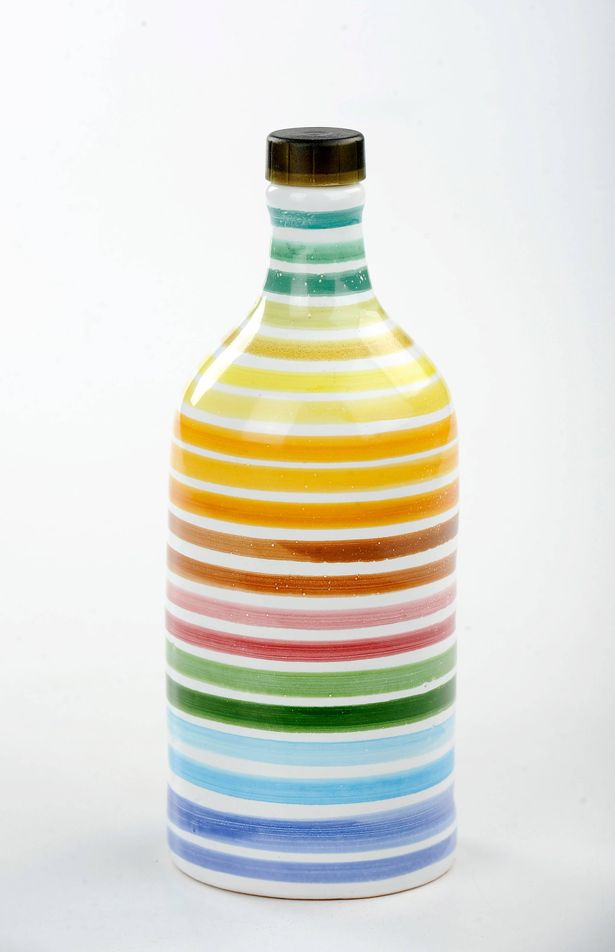 Frantoio Muraglia EVOO comes in an exquisite terracotta bottle(Image: The Washington Post, The Washington Post via Getty Images)
Frantoio Muraglia EVOO comes in an exquisite terracotta bottle(Image: The Washington Post, The Washington Post via Getty Images)
Premium EVOOs should display the protected designation of origin (PDO), a certification that confirms the oil originated from a designated area and underwent pressing via traditional techniques. The chef stated: “This guarantees that the quality is there and that the oil has not been treated in any way.”
Jonathan Kleeman, a UK-based Group Beverage Manager, wine buyer, and hospitality consultant, also recommended an Italian olive oil: Manni olive oil from Tuscany.
Mr Kleeman shared his first encounter with this olive oil was during his tenure at a two-Michelin-star kitchen, where it was incorporated into several dishes.
The olive oil is the creation of Armando Manni, a gourmet and wine collector, who collaborated with the University of Florence and the National Research Council of Italy to develop a unique process known as “live oil”.
The expert elaborated: “What that means in practice is that the extra virgin quality, the elements that earn it that title, lasts for up to two years. In most commercial extra virgin olive oils, you’re lucky if that quality lasts three months.”
Another advocate for Tuscan olive oil is Giulia Crouch, food writer and author of The Happiest Diet in the World. She said her favourite olive oil hails from a small, organic, family-run farm in the region named Fattoria La Vialla.
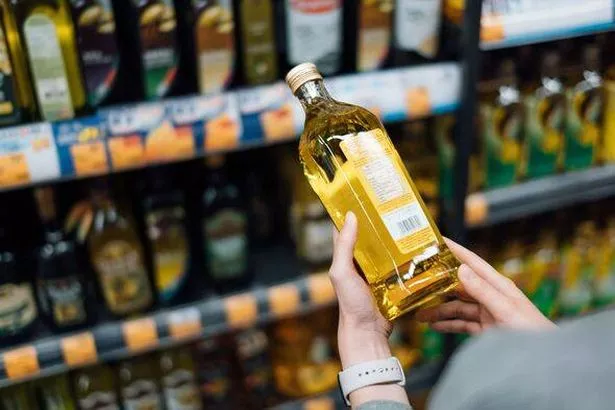 When choosing olive oil, it’s best to go for one in a dark green bottle or a tin(Image: Getty)
When choosing olive oil, it’s best to go for one in a dark green bottle or a tin(Image: Getty)
This olive oil is purchased directly from the producer, and the harvest year, along with the bottling date, are clearly marked on the label, ensuring you know exactly what you’re getting.
Costing £35.10 for two 750ml bottles or £15.15 for one 500ml bottle, it offers good value and boasts a “clean, buttery and bitter” taste profile.
Ms Crouch recommends this olive oil to everyone and incorporates it into all her culinary creations, from “salads, drizzled on bread with a sprinkling of crunchy sea salt and even on vanilla or chocolate ice cream for a surprisingly amazing dessert”.
She continued: “Because it’s so fresh, it also retains a lot of beneficial compounds-known as polyphenols-which have been shown to feed the good bacteria in our gut microbiome, so it does you good as well as tasting delicious.”
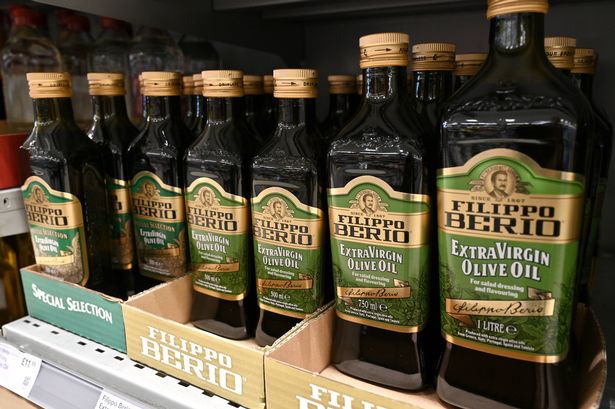 Which? magazine crowned Filippo Berio a “Best Buy” (Image: John Keeble, Getty Images)
Which? magazine crowned Filippo Berio a “Best Buy” (Image: John Keeble, Getty Images)
For those seeking something more budget-friendly and familiar, Which? magazine crowned Filippo Berio a “Best Buy” following a blind tasting that pitted three extra virgin olive oil blends from Filippo Berio, Napolina, and Tesco against each other.
Available for just £7.50 for 500ml from Tesco and Ocado and £8 from Sainsbury’s, it is a more economical choice for shoppers wanting to grab a bottle during their regular supermarket trip.
The expert tasting panel praised Filippo Berio’s dark glass packaging, which shields against UV rays that can compromise the oil’s quality and flavour.
Other olive oils
Several non-Italian olive oils secured places on the list, including Belazu, which is available at Waitrose and through Ocado. Mr Assaf, who stocks his own olive oil brand in Harrods and Selfridges, explained that they provide an outstanding range of olive oils across various price brackets.
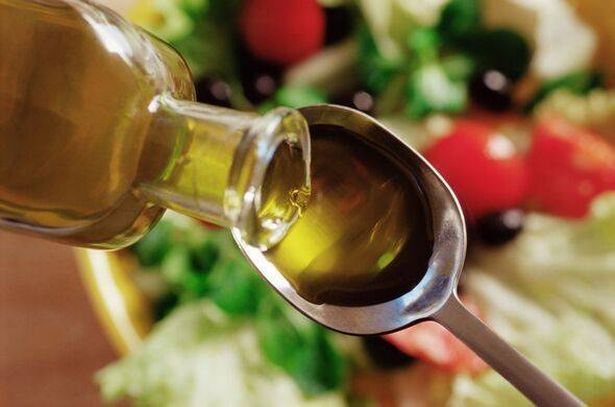 Good-quality EVOOs should have a protected designation of origin (PDO)(Image: Getty)
Good-quality EVOOs should have a protected designation of origin (PDO)(Image: Getty)
Ocado currently stocks 500ml of Belazu’s Single Origin Extra Virgin Olive Oil for merely £7.
The olive oil specialist continued: “Their oils are single-origin, packed in tins, and monovarietal. Their range of infused olive oils is also impressive.”
Head chef Benjamin Ferra Y Castell from the Michelin-starred establishment, Pavyllon London, suggested two olive oils: Kalios olive oil from Greece and Château d’Estoublon olive oil from France.
Kalios olive oil boasts a fruity taste and is crafted from hand-picked Koroneiki olives and cold-pressed.
Château d’Estoublon olive oil is manufactured organically utilising a swift cold-pressing method that maintains its freshness. Priced at £49.99 from Selfridges, it’s undoubtedly an indulgence but would serve as a delightful present for any dedicated food enthusiast.

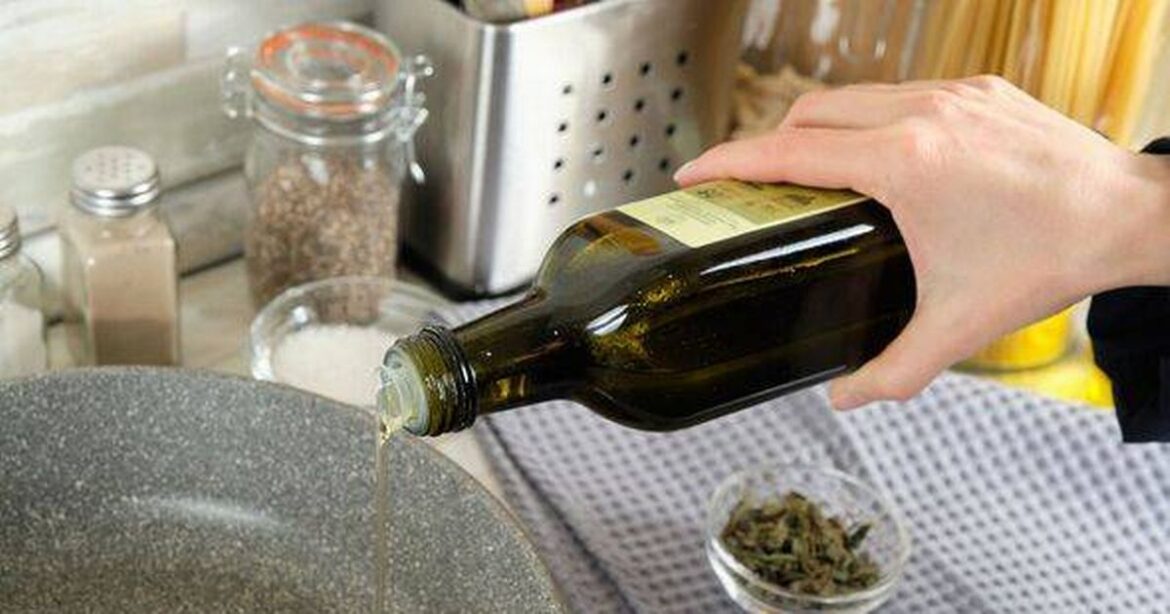
Dining and Cooking